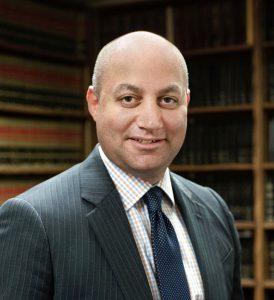New York’s Gov. Kathy Hochul declared a state disaster emergency Friday after poliovirus was detected in wastewater samples from Long Island. The detection signaled the growing community spread of the virus.
The order will increase resources available for the state to combat viral spread. The move came after a US Centers for Disease Control and Prevention sequence analysis found polio in a wastewater sample collected in August from Nassau County.
Poliovirus has now been detected in sewage samples from four counties in the New York metro area, including Rockland, Orange, Sullivan, and the latest, Nassau.
Also Read | Listeria symptoms: Smoked salmon sold in 10 states recalled over contamination
The samples tested positive for poliovirus that can cause paralysis in humans, according to state health officials. Those unvaccinated are at the highest risk of paralytic disease, officials said.
New York began wastewater surveillance after an unvaccinated adult contracted polio in Rockland County in July and suffered from paralysis. This was the first known infection in the US in nearly a decade.
New York Health Commissioner Dr. Mary Bassett urged people who are unvaccinated to get their shots immediately. Individuals and families who are unsure of their vaccination status should contact a health care provider.
“On polio, we simply cannot roll the dice,” Bassett said. “I urge New Yorkers to not accept any risk at all. Polio immunization is safe and effective — protecting nearly all people against disease who receive the recommended doses.”
“Do not wait to vaccinate. If you are unsure of you or your families’ vaccination status, contact a health care provider, clinic, or local county health department to make sure you and your loved ones receive all recommended doses.”
The polio vaccination rate is alarmingly low in some New York counties. The vaccination rate is 60% in Rockland, 58% in Orange, 62% in Sullivan and 79% in Nassau, according to the health department.
Also Read | US CDC reset: How will the health agency change?
The first polio vaccine was available in the United States in 1955. America was declared polio-free in 1979 after intense inoculation drives through generations.
Federal officials recommend four doses: to be given at 2 months of age; 4 months; at 6 to 18 months; and at age 4 through 6 years. Some states require only three doses.
Adults who have only received one or two doses should get the remaining one or two.






